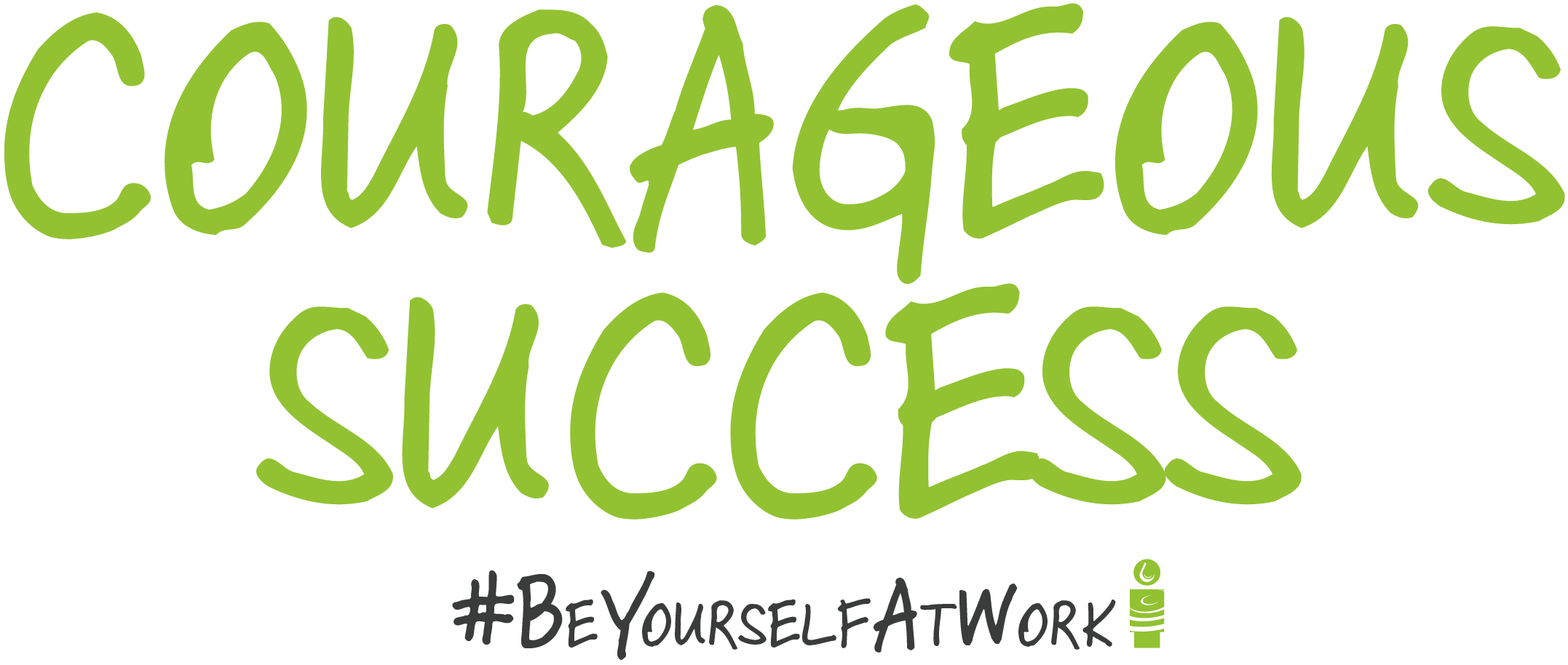In a study of 17,000 individuals worldwide, just 19% of women and 4% of male executives interviewed exhibited self-awareness. Hay Group
WOW! I would say that these figures are low, and it of course depends upon how we measure self-awareness, but in my experience, I would suggest that we all have moments when we just aren’t aware enough of the impact that we are having on others, or how our own opinions and biases make us only hear and see what we want to see.
On Tuesday, I boarded a train to London, it had a reduced number of carriages and all seat reservations were cancelled. Someone was in the seat I had reserved, but as reservations no longer applied, I went to sit in an empty seat, only to be harshly told by the woman behind me, that it was her seat. I shared that there were no reservations and that she was of course very welcome to sit in the empty seat next to me. She huffed, glared and stomped off to the end of the carriage to find someone else to sit next to. All self-awareness went out of the window. She was rude, unpleasant and obviously more than a little stressed, all of her own volition. She was so focused on what she thought she knew, and wanted, that she behaved in a way that made her appear as not very nice. Of course, she will be a nice person, underneath it all, we all are.
Scientists tell us that every day our brains constantly filter all the information we take in and everything we give out to the world. Psychology Today includes these filters as key examples:
Confirmation bias: where we selectively pay attention only to evidence that supports our pre-existing beliefs
Non-confirmation bias: where we selectively ignore evidence that contradicts our pre-existing beliefs
Belief bias: which predisposes us to accept that which is consistent with our pre-existing beliefs.
Our brains need huge amounts of energy to keep them running, so filtering and making assumptions are efficient ways to process the world. This is just how we are wired.
“There are over one hundred billion cells in our brain and each of them makes over ten thousand connections with other brain cells. While the large number of possible combinations of cell connections allows for higher-ordered thinking, this is a big problem evolutionarily in terms of energy cost…Therefore, the brain must encode things efficiently to save energy.” Yale Scientific.
We draw on our past experiences to find patterns in how the world works. When we encounter new situations, we apply these patterns and assumptions to the new environment to save us from analysing each situation from scratch.
However, our assumptions can get in the way of communication as it can lead us to think that our interpretation of a situation is the only way, and either assume others see it the same way as we do, or label those that don’t agree with us. We can put people in boxes, our own perception stopping us from considering their input or potential. And of-course, all of this leaves us less open, less inclusive, and like the lady on my train, rude, lacking self-awareness and difficult to work with!
So, how conscious are you of your assumptions?
Here are some tips to help you be more conscious, potentially less rude (!), and not miss out on growing, learning, creativity and excitement, just because your brain is getting in the way!
- Challenge your expectations of others, are you assuming that they are right, or wrong, are you entering meetings and conversations totally open to what comes?
- Be conscious of your thoughts when interacting with people, are you judging? Silence your judgement, empty your brain and listen.
- Encourage ideas, debate and questions to allow full contribution and creativity.
- Be brave and ask others to challenge you, in their view, what should you be thinking about or focusing on?
- Ask yourself, what you sense about another person when you interact with them, rather than just what you think about them.
- Without turning into an apology addict, create a habit where you assume that others might be right, whilst maintaining your confidence internally. This is called agility!
#beyourselfatwork
